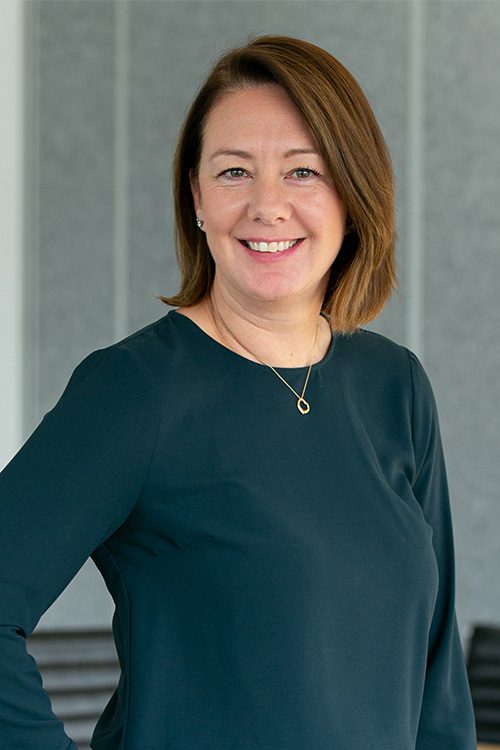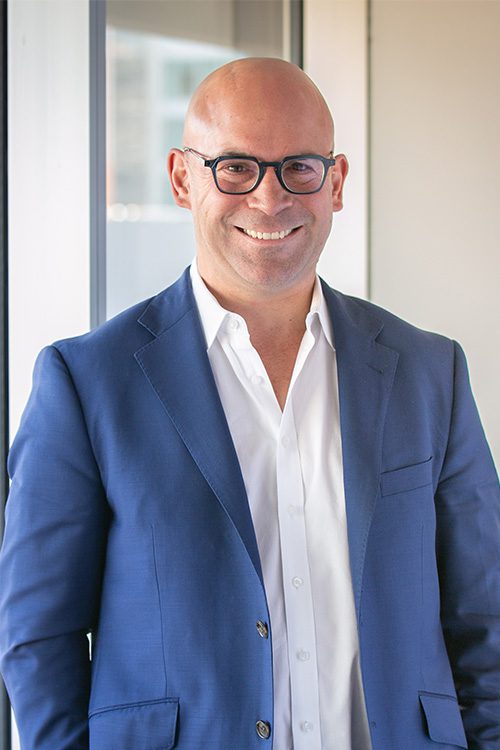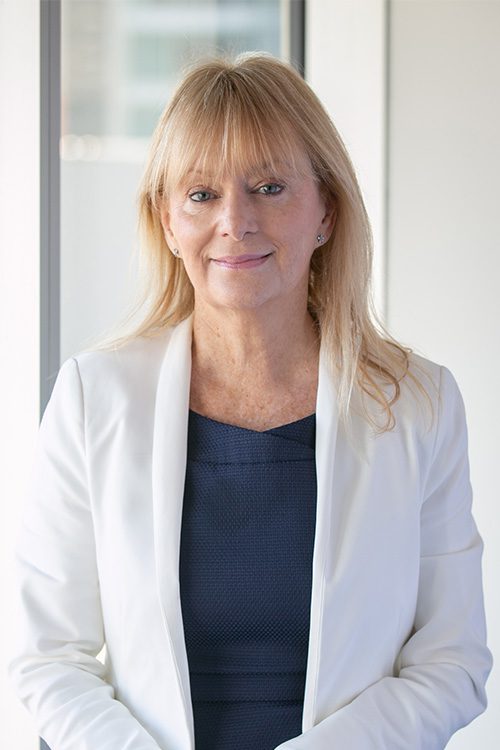What is Philanthropy?
Philanthropy Australia provides a formal definition as ‘the planned or structured giving of money, time, goods and services or other to improve the well-being of humanity and the community’. Many Australia’s make ad-hoc donations to various charities and do not reap the rewards of seeing the direct results of their generosity. For wealthier Australian’s who make larger donations to a concentrated pool of charities it may be more desirable for them to establish their own Private Ancillary Fund.
What is a Private Ancillary Fund?
A Private Ancillary Fund (“PAF”) is a trust structure established by a family or group of like-minded people for charitable purposes. A PAF is established via a trust deed with a corporate trustee.
There are ongoing administration and reporting requirements the trust must meet under ATO ruling. This is where William Buck’s expertise in wealth advisory, taxation and audit becomes essential to the ongoing management of the fund.
What are the benefits of a PAF?
As a donor, every dollar donated to the PAF is deductible to you at your marginal tax rate and deductions can be spread over a 5 year period. Therefore, if you have a large capital gains tax liability this can be offset or reduced by making a donation to your PAF.
The money donated to the fund remains tax exempt which assists in generating investment capital and the longevity of the fund and .
You can also feel good in the knowledge that you are making a difference in other people’s life’s and or communities. At least 5% of the fund’s net assets must be distributed to the prescribed charities at the end of year financial, with the exception of the first year the fund is established.
What are the disadvantages of a Private Ancillary Fund?
Donations cannot be returned to the donor at any time. The money is trapped within the Fund and can only be distributed to the nominated charities. A PAF must be established and operated within Australia and maintained on a not for profit basis.
Alternatives to a Private Ancillary Fund
For those donors who are restricted in their ability to make large donations there are other options available. These are as follows:
- Private Charitable Trusts
- Public Ancillary Funds
- Endowment Funds
Choose a Charity to Support
It is always best to choose a charity that is close to your heart or William Buck is happy to assist you in finding worthy charities to support.
We can help you to:
- Assist in the establishment of your own Private Ancillary Fund.
- Develop and implement an investment strategy for your Private Ancillary Fund.
- Undertake the ongoing investment management.
- Provide comprehensive taxation advice.
- Provide ongoing Accounting Services.
- Undertake the annual Audit of the fund to comply with ATO rulings.
- Provide assistance to donors in choosing appropriate charities to donate to.










































